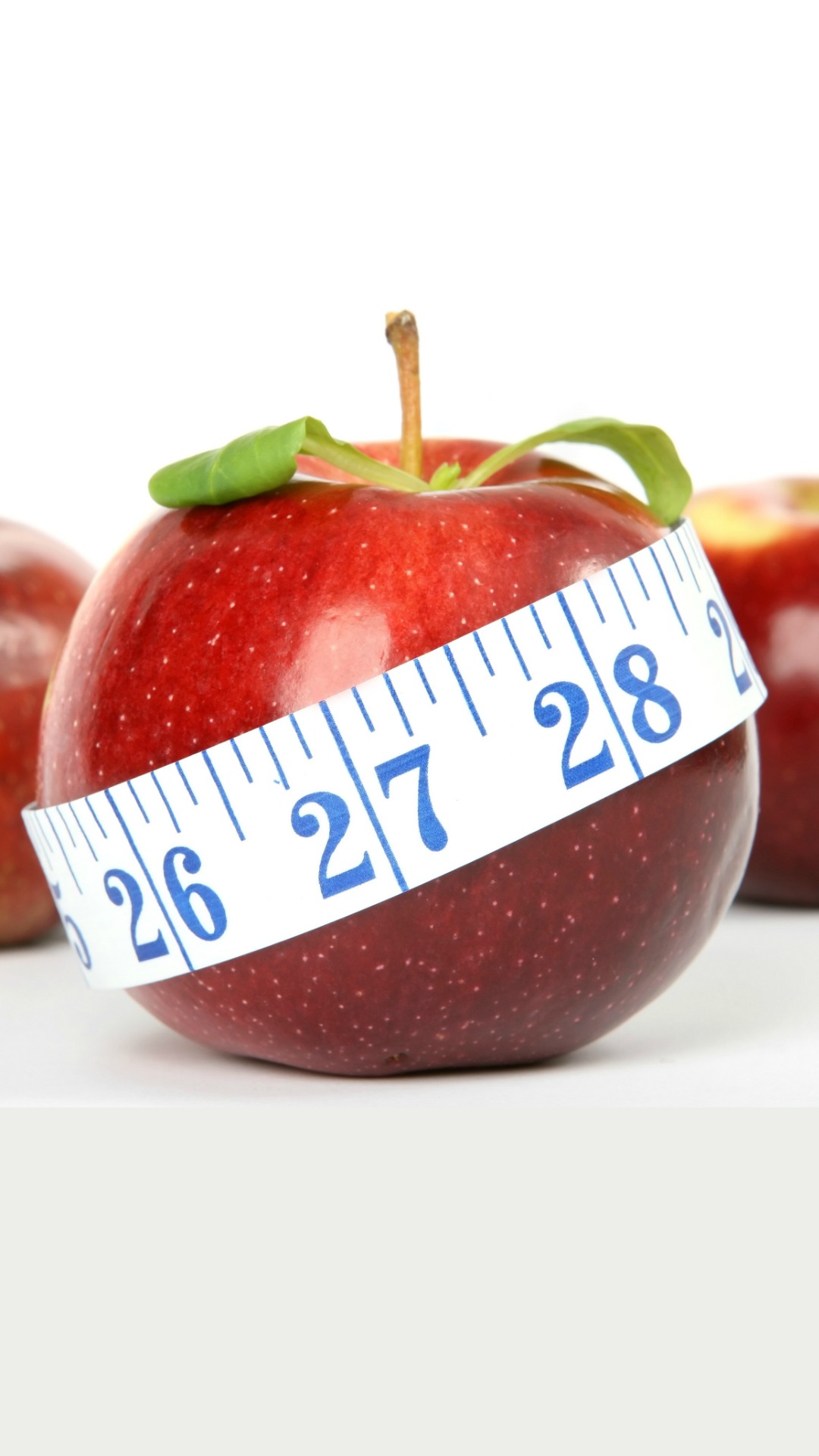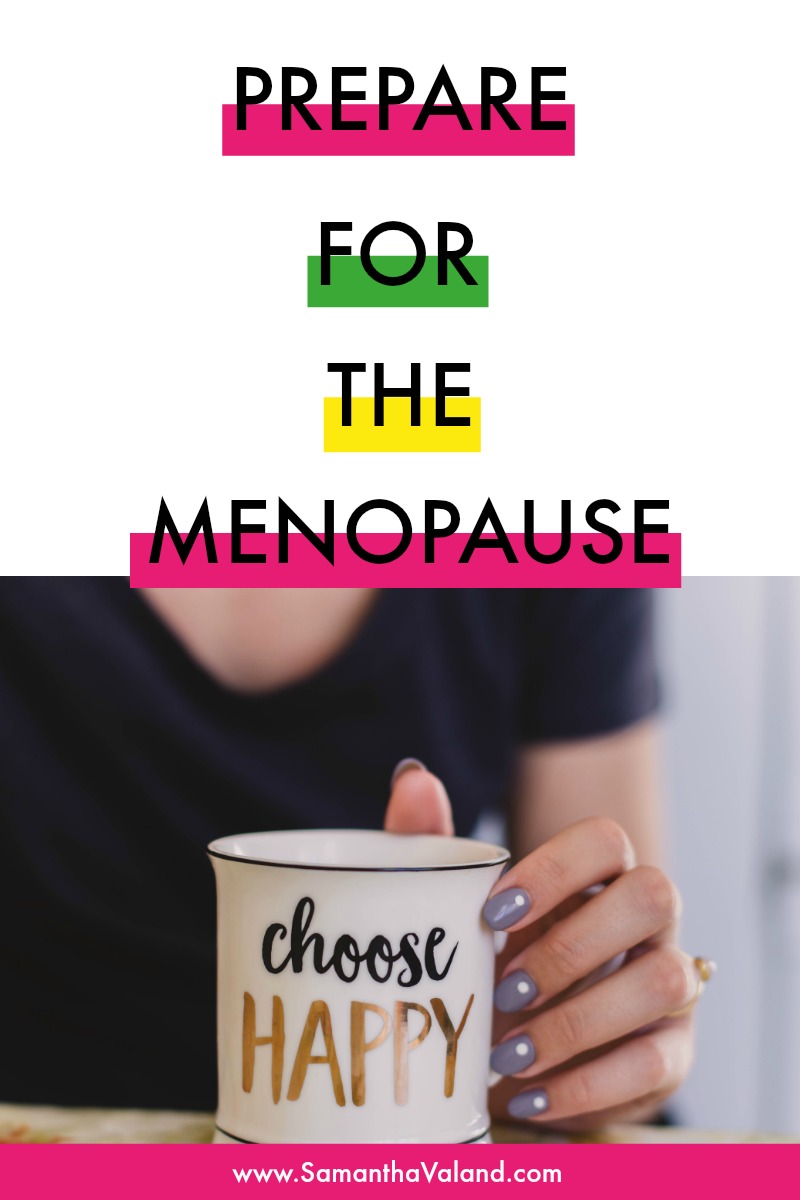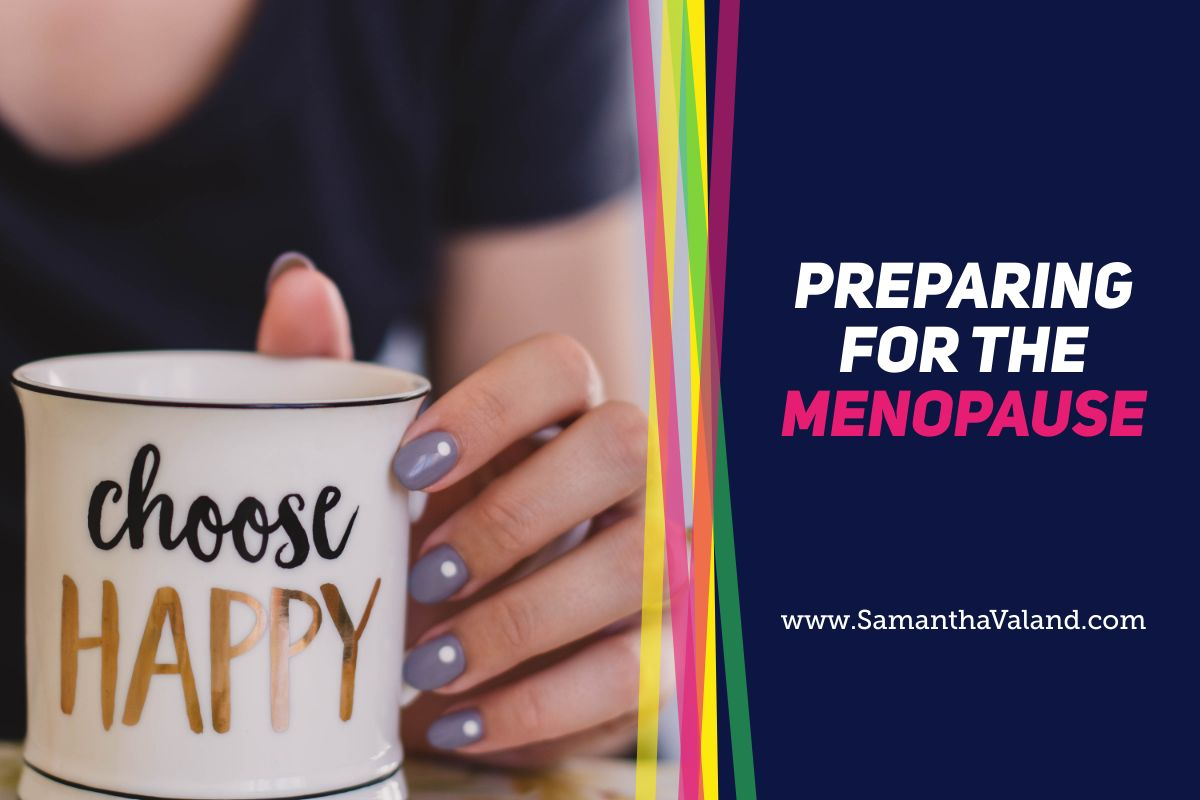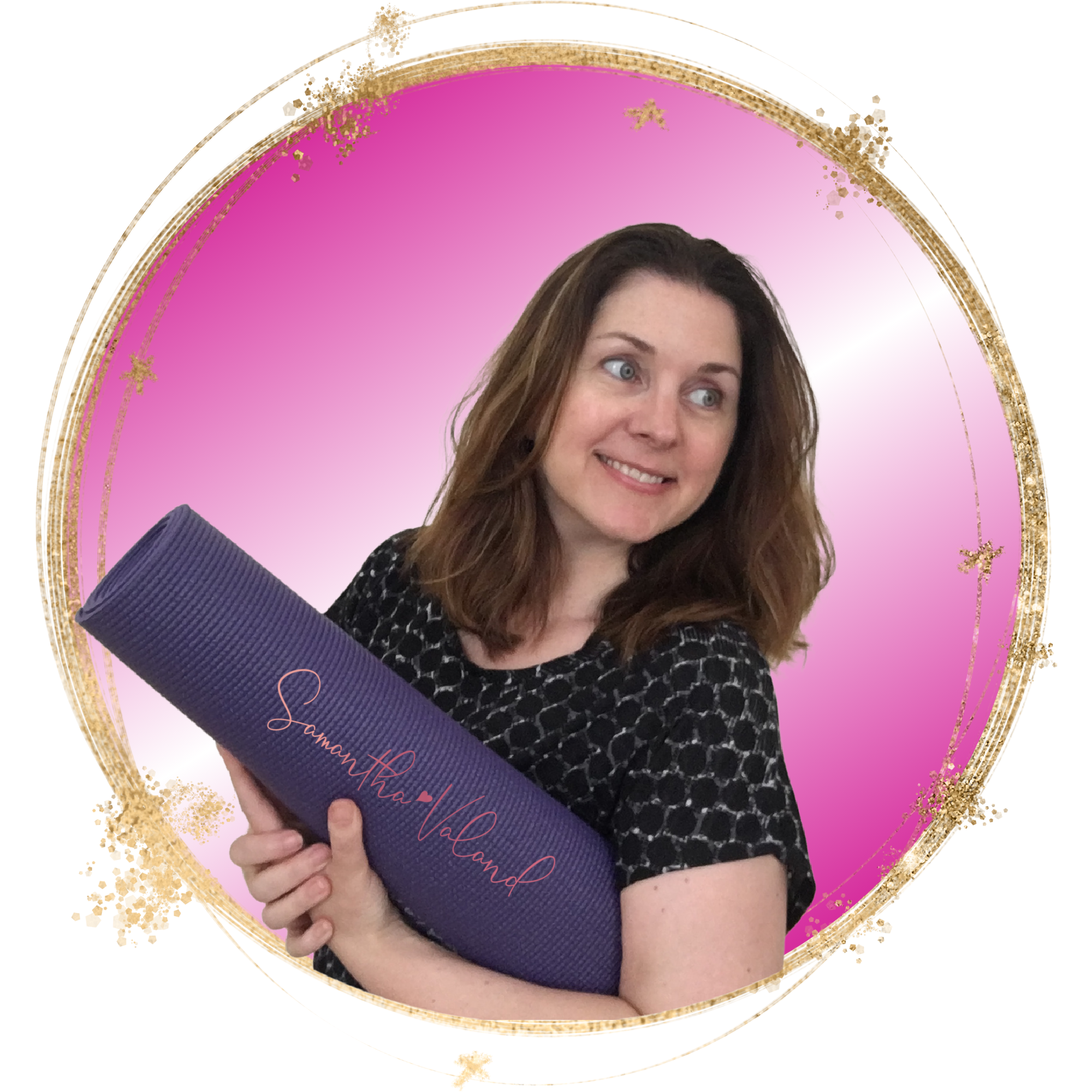Preparing for the Menopause
How do you prepare for the menopause? We have gone from having very little information about the menopause to information overload. While it’s great to have so much information, it’s hard to sift through it to find out the information we personally need.
This is because everyone’s menopause is different, we don’t know what symptoms we will have going into it. As a general rule of thumb, we put in enough effort to get the job done. For the menopause we have no idea if we are about to run a 5K or a marathon. Just how much work do we need to put in preparing for it?
A different approach is to look at ‘what’s the worst that can happen’ for you personally and work backwards from there. This will give you a clear picture of what your priorities are. This helps you direct your attention to a specific area to research and what you can do.
Here are some common scenarios that happen during the menopause that you can prepare for:

Is it me or is it hot in here?
Hot flushes are what most women associate with the menopause. If you have a customer facing role this may be more of an issue for you compared to if you work from home, for example.
We know stress, caffeine and alcohol all exasperate symptoms. How would you feel about reducing these triggers in order to control your hot flushes? It’s a personal thing. Some will be very happy to ditch alcohol, whilst others will have a cheeky wee glass of wine with the full knowledge that it will be swiftly followed by a hot flush and be fine with that.
Natural Remedies such as acupuncture are known to help reduce hot flushes. You may be able to get this on NHS, but if you did have to go private are you happy to spend your money on reducing symptoms?
If you do have hot flushes, will that be a problem for you and what are you prepared to do to minimise them?
Reducing working hours or work responsibilities
Many women end up reducing their hours, responsibilities or taking a break from work. This is usually because you can become more sensitive to stress during the menopause, coupled that with symptoms that affect how you sleep. It can leave you running on empty and stretched thin.
If you are the main bread winner in the family this may be top of the list of priorities compared to if your family’s quality of life not impacted if you are working on not.
Taking a long hard look at both your finances and also your career. What would happen if you took a break? How flexible is your working life? What can you prepare for?
When you are reading this, how does it make you feel? If you are the main bread winner and you are providing for you family differently, it can bring up a lot of feelings of guilt for you to process as well. What does taking care of your family mean to you, and how can you look after yourself at the same time. It’s not mutually exclusive although it can often feel like that.
How can you prepare for this and what changes can you start making today to minimise this for you and your family?

Give us a smile!
If your job requires you to motivate others or perhaps you have a customer focused job, then smiling and being patient are part of your job description. Being able to smile and for it to reach your eyes is a good measure of your mood.
Many women struggle with anxiety and mood swings during the menopause. If this is something new to you, then you probably won’t have the toolkit to deal with it. Many women are prescribed anti-depressants rather than finding a hormone balancing solution.
Do you know how to manage and protect your mood? It’s easy to blame other people and their behaviour but you are responsible for your reactions.
If this is you, how to manage and move your mood maybe your priority going into the menopause.
Increasing waist line
Most women’s waistline increases during the menopause. Excess stress hormones are stored around your midriff. Which means hormone balancing rather than ‘eat less exercise more’ to reduce this.
Is this just going to be an inconvenience for you? It can affect how you feel too, particularly if you feel what you are doing isn’t making any difference. Or your clothes aren’t fitting as well.
An increasing waist line (over 88 cms) is a precursor to conditions such as type 2 diabetes. If you are borderline or it’s a concern for you, managing your waist line may be your top priority.

Reducing high intensity exercise
Exercise causes stress on your body in a good way. Avoiding exercise plateaus means progressively challenging your workouts and ensuring you have deliberate rest to recover.
During the menopause we can become more sensitive to stress which can mean high intensity exercise can exasperate your symptoms, particularly if there are not enough rest sessions in place. The need to do more is prevalent in many aspects of today’s culture, including exercise.
Changing how you exercise is both a mindset shift as well as physical one because exercise creates happy hormones. If you can’t exercise in the same way, finding another avenue to get these happy hormones and inner geek on becomes a priority to protect your mood.
If you use exercise as a means to manage depression or anxiety then pro-actively looking and trying different ways of getting that feel good factor that exercise brings to you. This is one I’ve noticed personally over the years. It has taken a long time to replace the feeling that an early morning run used to give me.
What would you do to replace cardio exercise if you don’t have the energy or start getting lots of injuries? Walking is a stable swap for many, how would that fit into your day and what else would you do to get your endorphins kicking in?


What all of these have in common is;
• Knowing what’s important to you personally. Symptoms that are devasting for one woman are just inconvenient for another.
• Lowering stress and basic self-care routines are priorities and can reduce the impact of many symptoms.
• Being stretched thin is common. Get better at saying no, and create more space for yourself to rest into.
• Bumping yourself up your to-do list, and knowing what are your non-negotiables.
• Dumping the superwoman attitude and actively look for where you need help.
• Where you can, do less delegate, or ditch.
• Knowing what lights you up and making sure you are doing it often.
• A regular reflection on how you are feeling and how well you are taking care of yourself.
My Menopause Monthly newsletter can help you with that. Or perhaps you have regular reviews at work and you can dovetail your own self-care metrics into it.
Being superwoman is no longer cutting it. Be less super and more human, by asking for help when you need it
Instead of thinking that asking for help is weak, how about thinking that finding help is resourceful. Focus on where you need your attention to be rather than spreading yourself thin and doing nothing well.





